US military contractors generated $7.35 trillion since 9/11
The September 11 terrorist incidents and mass carnage in the US spelled great news for American weapons manufacturers and military contractors, which by far lead their foreign counterparts in generating a stunning $7.35 trillion in revenue over the course of the past 20 years, a report reveals.
The overwhelming majority of the astronomical income came from the US Defense Department, or the Pentagon, which spent trillions of dollars on its military occupation of Afghanistan and Iraq, tying the massive incursions to the 9/11 attacks in what Washington proclaimed as its “global war on terror,” US-based Axios news outlet reported Saturday, citing a Defense News database.
“Since 9/11, war has become "modernized," which means it's fought with extremely expensive weapons bought from highly profitable private-sector companies,” the report noted, insisting: “Gone are the days when most of the defense budget was spent directly on soldiers.”
The report further recalls that when the New York stock market finally resumed business on September 17, 2001 -- while still surrounded by ash from the smoking Twin Towers -- the S&P 500 fell by a sharp five percent from its closing level on September 10, and then continued slipping over the subsequent days.
However, the leading US military contractor, Lockheed Martin, did not follow suit. Rather, its stock surged by 15 percent on 9/17, to $43.95 per share. Today, on the 20th anniversary of the 9/11 carnage, it trades at $349 – nearly eight-fold higher.
In 2000, according to the report, Lockheed Martin's revenue for military sales was $18 billion -- or nearly 71 percent of its total revenues. By 2020, its military revenue had soared to $63 billion, which represents 96 percent of the weapons manufacturer’s total income.
“The growth in private-sector outlays is unlikely to end any time soon,” the report further underlined, citing Todd Harrison, a defense budget analyst at the major Washington-based think tank Center for Strategic and International Studies (CSIS) as saying: "What you are seeing is primarily funding for R&D and procurement of weapons."
"The size of the military is actually about the same as it was prior to 9/11," Harrison added, pointing out that "we still have many of the same modernization needs." Which means even more funds will be flowing to military contractors.
The development came as an American expert also revealed that US has spent over $21 trillion since 9/11 on domestic and foreign militarization and explained how such an astronomical sum could have been put to far better use.
“It's been 20 years since 911 and the US response to 911 changed the United States and the world and we wanted to look at what the US has spent on all of this response and that includes everything from the wars in Afghanistan and Iraq to the US remaking of our own immigration system here, and our expansion of the powers of federal law enforcement,” said Lindsay Kashgarian, Program Director of the Washington-based National Priorities Project.
“So, the US response to 911 has included a lot more than just the wars, it's also included a lot of things that have increased militarization and oppression here in the United States, and we wanted to look at what all of this has cost us, especially because right now the US is facing, as is the rest of the world, a pandemic and a climate crisis, and other problems that really require major investments in order to solve them,” she explained.
“And what we found is that over the last 20 years we spent $21 trillion on war, the military, and militarizing our own society here in the United States,” added Kashgarian, the co-author of the recently released report on ‘The State of Insecurity, Cost of Militarization since 9/11.’
Earlier this month, a US-based military news outlet also revealed that eight American generals who commanded American forces in Afghanistan had amassed fortunes from their postings in the Muslim nation despite their disastrous conduct in the occupied country.
The generals leading foreign forces in Afghanistan, including United States Army General Stanley McChrystal, who demanded and supervised the 2009 US troop surge, went on to serve on more than 20 corporate boards, according to Stars and Stripes daily, published by the Pentagon.
In an article titled, Corporate boards, consulting, speaking fees: How US generals thrived after Afghanistan, the daily revealed how top generals amassed clout despite the failure of the US-led military engagement in the war-torn nation.
A review of company disclosures and other releases conducted by the specialized medium showed that the top Americans generals who led the mission in Afghanistan had thrived in the private sector after leaving the war zone.
It further added that the generals had gained major influence within businesses, at universities and in think tanks, in some cases selling their experience in a conflict that left millions of people dead and displaced, and costing the United States more than $2 trillion and concluded with the restoration of Taliban rule.
A former US counter-terrorism specialist and military intelligence officer of the CIA also revealed back in July that the United States had wasted trillions of dollars on the wars in Afghanistan and Iraq and failed to achieve any goals.
Philip Giraldi made the statement in an article as US troops were withdrawing from Afghanistan after a 20- year war there and amid increasing pressure on the Biden administration to pull out all American troops from Iraq.
“The inability of the United States to comprehend what it was becoming involved in when, in the wake of 9/11, it declared a Global War on Terror, has to be reckoned one of the singular failures of national security policy over the past twenty years,” Giraldi wrote.
“Not only did the wars in Afghanistan and Iraq make bad situations worse, but the fact that no one is Washington was able to define ‘victory’ and think in terms of an exit strategy has meant that the wars and instability are still with us. In their wake has been hundreds of thousands of deaths and trillions of dollars spent to accomplish absolutely nothing,” he added.
He further lamented that Iraq now leans more heavily towards “Iran than it does to Washington.”
UN rapporteur: Israel engaged in 'ethnic cleansing' in West Bank
French MPs adopt resolution, calling for seizure of Russian assets
Israel jets bomb Damascus outskirts as tanks advance in Quneitra
UN Security Council meeting on Iran ‘blatant political maneuver’: Envoy
US imposes new sanctions day after Trump's letter delivered to Iran
US activists denounce Trump for using 'Palestinian' as slur
Unilateral sanctions hinder Iranian women’s empowerment, prosperity: Experts
Iran summons EU3 envoys over 'provocative' meeting at UN


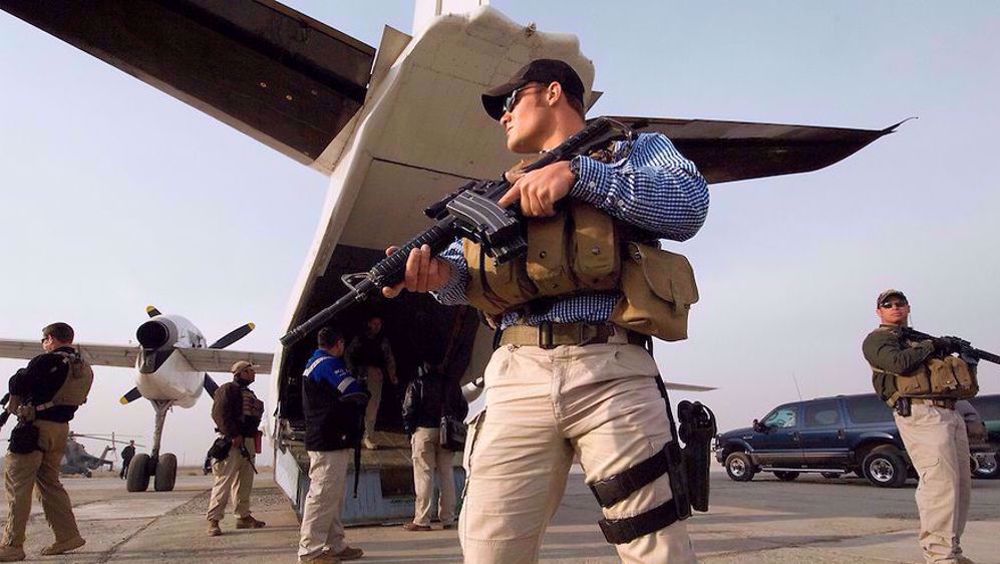
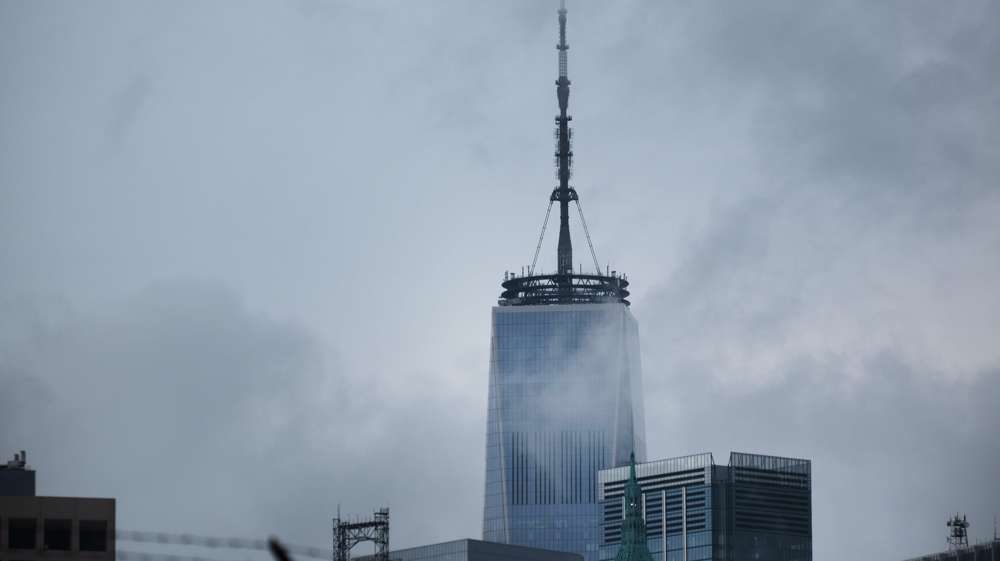

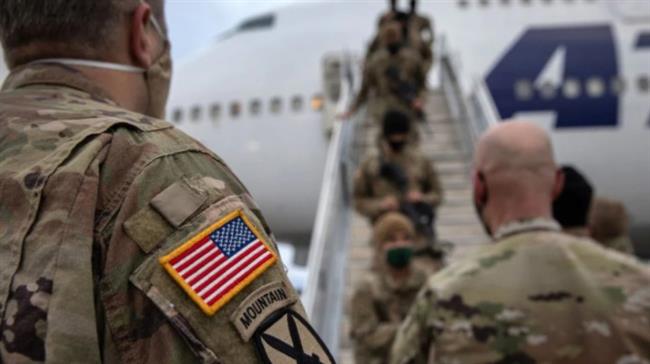
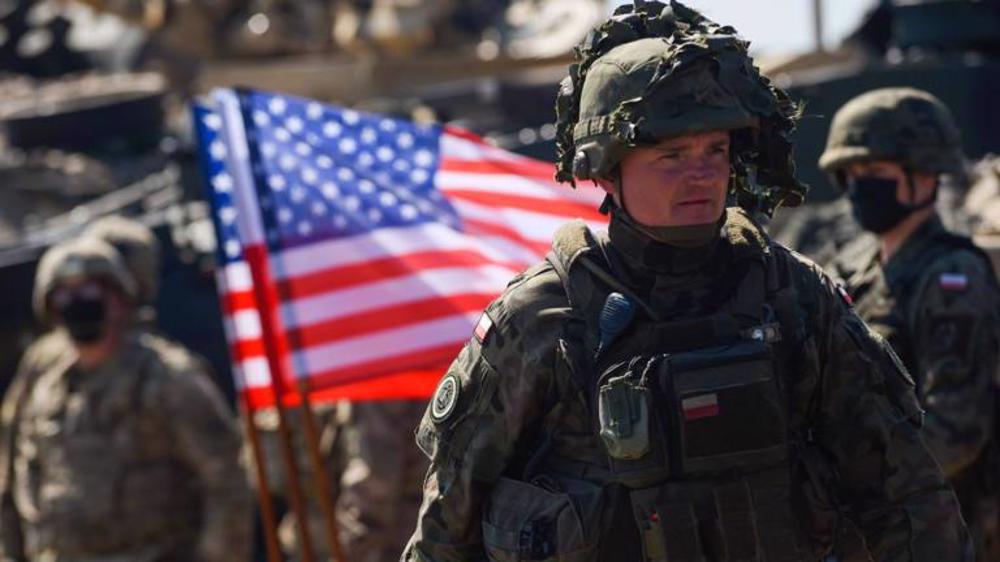





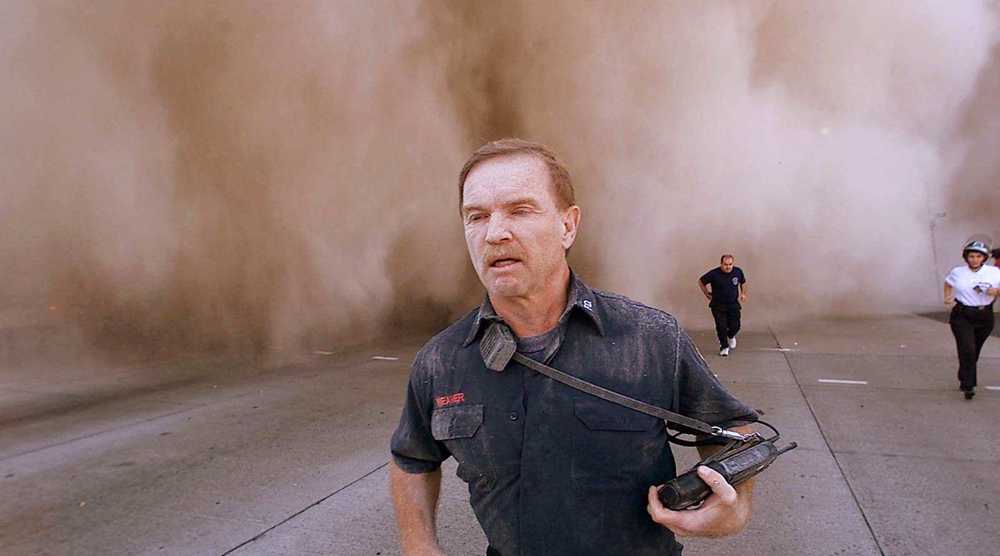


 This makes it easy to access the Press TV website
This makes it easy to access the Press TV website